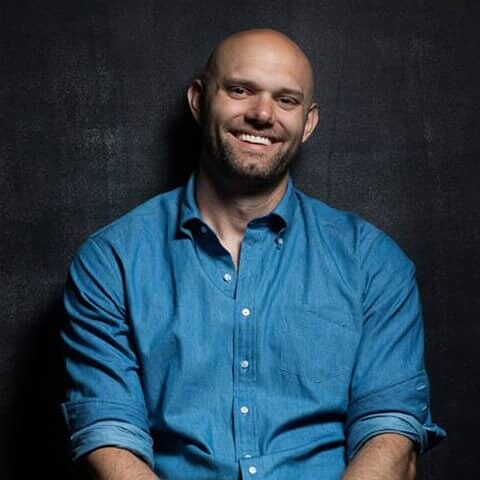 author
authorChristopher Lasch
Robert Christopher Lasch was an American historian, moralist, and social critic who was a history professor at the University of Rochester. He sought to use history to demonstrate what he saw as the pervasiveness with which major institutions, public and private, were eroding the competence and independence of families and communities. Lasch strove to create a historically informed social criticism that could teach Americans how to deal with rampant consumerism, proletarianization, and what he famously labeled "the culture of narcissism."
His books, including The New Radicalism in America (1965), Haven in a Heartless World (1977), The Culture of Narcissism (1979), The True and Only Heaven (1991), and The Revolt of the Elites and the Betrayal of Democracy (published posthumously in 1996) were widely discussed and reviewed. The Culture of Narcissism became a surprise best-seller and won the National Book Award in the category Current Interest (paperback).
Lasch was always a critic of modern liberalism and a historian of liberalism's discontents, but over time, his political perspective evolved dramatically. In the 1960s, he was a neo-Marxist and acerbic critic of Cold War liberalism. During the 1970s, he supported certain aspects of cultural conservatism with a left-leaning critique of capitalism. He drew on Freud-influenced critical theory to diagnose the ongoing deterioration that he perceived in American culture and politics. His writings are sometimes denounced by feminists and hailed by conservatives for his apparent defense of a traditional conception of family life.
He eventually concluded that an often unspoken but pervasive faith in "Progress" tended to make Americans resistant to many of his arguments. In his last major works, he explored this theme in depth, suggesting that Americans had much to learn from the suppressed and misunderstood populist and artisan movements of the nineteenth and early twentieth centuries.
Born on June 1, 1932, in Omaha, Nebraska, Christopher Lasch came from a highly political family rooted in the left. His father, Robert Lasch, was a Rhodes Scholar and journalist who won a Pulitzer prize for editorials criticizing the Vietnam War while he was in St. Louis. His mother, Zora Lasch (née Schaupp), who held a philosophy doctorate, worked as a social worker and teacher.
Lasch was active in the arts and letters early, publishing a neighborhood newspaper while in grade school and writing the fully orchestrated "Rumpelstiltskin, Opera in D Major" at the age of thirteen. Lasch earned a bachelor's degree in history from Harvard University, where he roomed with John Updike, and a master's degree in history and doctorate from Columbia University, where he worked with William Leuchtenburg.
Richard Hofstadter was also a significant influence. He contributed a Foreword to later editions of Hofstadter's The American Political Tradition and an article on Hofstadter in the New York Review of Books in 1973. He taught at the University of Iowa and then was a professor of history at the University of Rochester from 1970 until his death from cancer in 1994. Lasch also took a conspicuous public role. Russell Jacoby acknowledged this in writing that "I do not think any other historian of his generation moved as forcefully into the public arena."
In 1986 he appeared on Channel 4 television in a discussion with Michael Ignatieff and Cornelius Castoriadis. During the 1960s, Lasch identified as a socialist, but one who found influence not just in the writers of the time, such as C. Wright Mills, but also in earlier independent voices, such as Dwight Macdonald. Lasch became further influenced by writers of the Frankfurt School and the early New Left Review and felt that "Marxism seemed indispensable to me".
During the 1970s, however, he became disenchanted with the Left's belief in progress—a theme treated later by his student David Noble—and increasingly identified this belief as the factor that explained the Left's failure to thrive despite the widespread discontent and conflict of the times. He was a professor of history at Northwestern University from 1966 to 1970.
At this point, Lasch began to formulate what would become his signature style of social critique: a syncretic synthesis of Sigmund Freud and the strand of socially conservative thinking that remained deeply suspicious of capitalism and its effects on traditional institutions.
Besides Leuchtenburg, Hofstadter, and Freud, Lasch was especially influenced by Orestes Brownson, Henry George, Lewis Mumford, Jacques Ellul, Reinhold Niebuhr, and Philip Rieff. A notable group of graduate students worked with Lasch at the University of Rochester, Eugene Genovese, and, for a time, Herbert Gutman, including Leon Fink, Russell Jacoby, Bruce Levine, David Noble, Maurice Isserman, William Leach, Rochelle Gurstein, Kevin Mattson, and Catherine Tumber.
Best author’s book



Written books
1



















